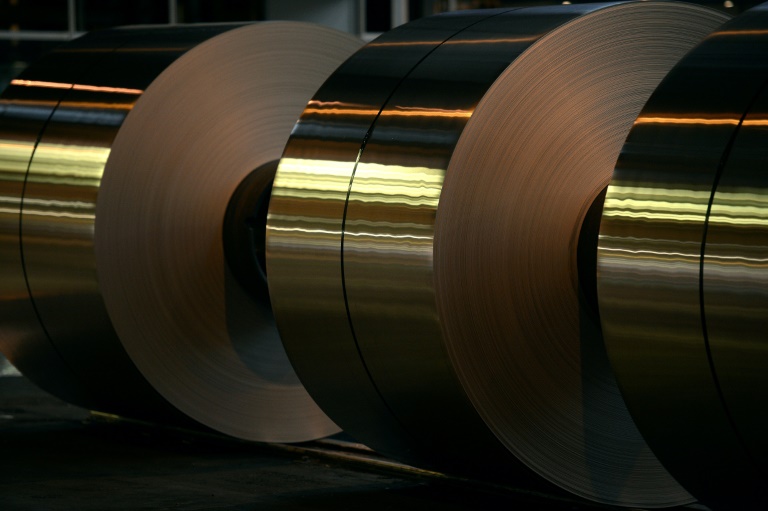Major Japanese steelmaker Kobe Steel said it has systematically fabricated inspection data for aluminium and copper products that may have gone to around 200 clients, reportedly including Toyota.
The admission is the latest in a string of quality control and governance scandals that have hit major Japanese businesses in recent years undermining the country’s reputation for quality.
After conducting an in-house probe Kobe Steel admitted Sunday that it had shipped products that did not meet client specifications, including strength data.
The company said the fabrications, which might have started a decade ago, could affect products sent to as many as 200 companies.
It did not name any of the companies.
But the Nikkei newspaper said Toyota and Mitsubishi Heavy Industries, producer of the Mitsubishi Regional Jet passenger plane, are among notable clients affected.
When asked whether Kobe Steel “systematically” lied about product data, the firm’s Vice President Naoto Umehara replied: “Yes.”
“It has become clear that managers also took part in this or that they knew about it but did nothing about it,” Umehara told a Sunday press conference.
“We deeply apologise for this improper conduct,” he said, taking a traditional deep bow of apology.
Toyota has told local media that aluminium products from Kobe Steel were used in some cars parts adding that it had started investigating the scandal’s impact on its vehicles.
Kobe Steel’s probe has so far found that data were fabricated for about 19,300 tons of aluminium products, 2,200 tons of copper products and 19,400 units of aluminium castings and forgings that were shipped to clients between September 2016 through August 2017.
The announcement followed a series of corporate scandals that have hit major Japanese brands.
Automaker Nissan announced a recall of more than a million vehicles after admitting that workers without proper certification routinely conducted the final inspections for new vehicles to be sold in the domestic market.
Airbag maker Takata went bankrupt after its defective products were linked to 16 deaths and scores of injuries worldwide.
Electronics-engineering conglomerate Toshiba had to sell its prized memory chip unit as it attempted to recover from multi-billion-dollar losses at its US nuclear operation Westinghouse Electric.
Toshiba was also still trying to restore its reputation after it admitted that its top executives had pressured underlings to cover up weak results for years.
AFP



